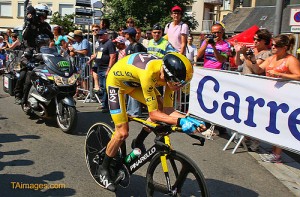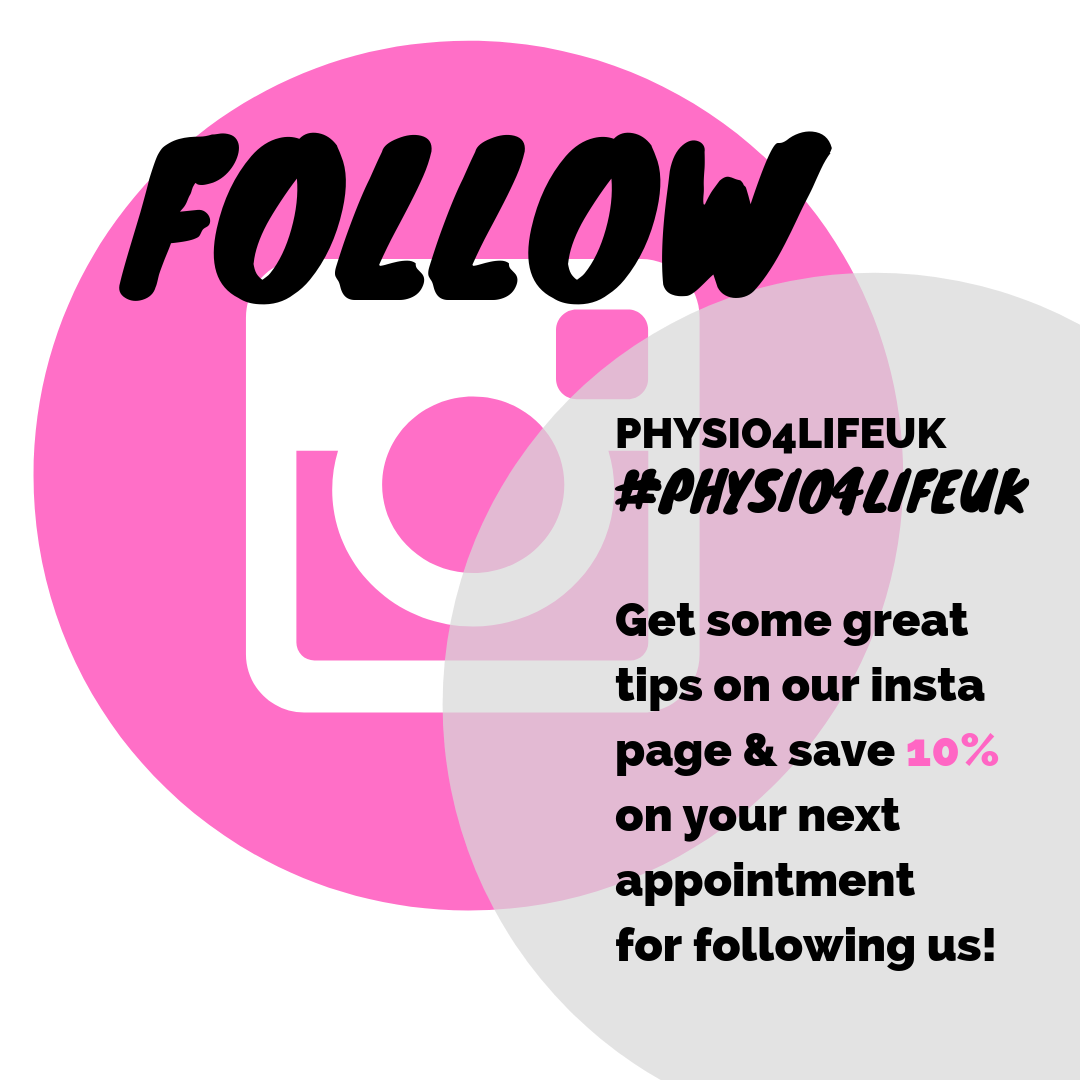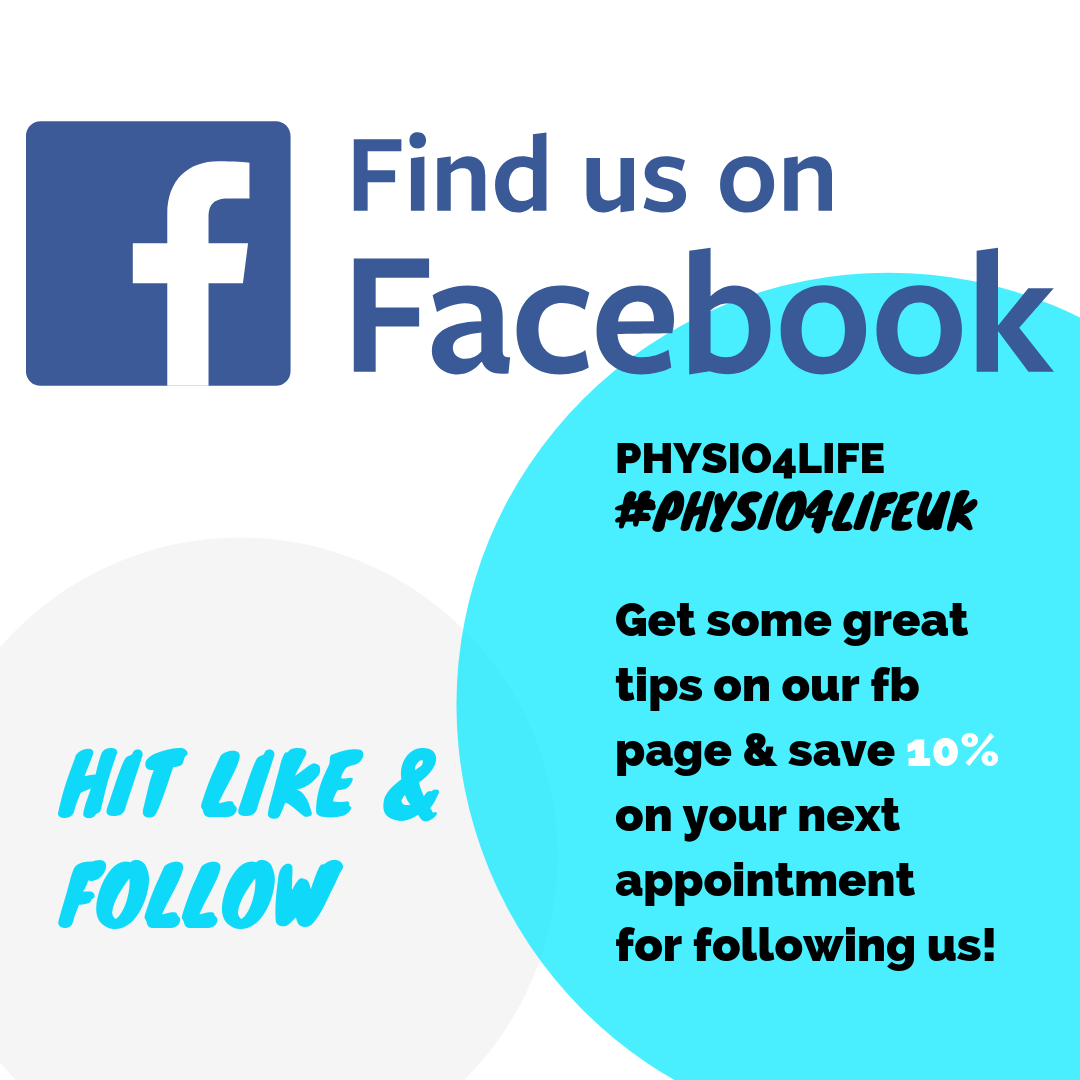
Now that professional cycling has wiped its hands of Lance Armstrong and drug cocktails, the role of sports science has never been more important to Le Tour.

As Chris Froome pedalled his way to his maiden Tour de France victory on that memorable Sunday in Paris, cycling’s transition from corrupt sport to a clean one was complete. And unless you’ve been holidaying on the moon over the last 18 months you’ll know that British cyclists have played an important role in making that happen. Sir Chris Hoy, Sir Bradley Wiggins, Victoria Pendleton, Laura Trott and now Chris Froome: just some of the stars who have emerged as a result of British Cycling’s commitment to success.
At one time the words on the lips of every member of the peloton was EPO, cortisone and blood transfusions. Now, one phrase dominates them all – “The aggregation of marginal gains.” Covering everything from aerodynamics to sleep patterns, the team around Chris Froome have left no stone unturned in making him the absolute best he can be on a bike. And at the core of this approach is a commitment to maximising performance without using banned substances.
So how does a Tour cyclist cross the line as fresh on Day 21 as he does on Day 1? The answer lies in 5 key steps:
-
- The warm down – Introduced at Le Tour by Team Sky in 2010, each team jumps back onto a static bike after a stage and pedals for at least 15 minutes. This allows the body to flush out the waste products produced during the stage, encouraging the muscles to gradually recover and return to their optimum efficiency.
- Nutrition – Packing in good calories is vital to repairing the damage done to a body during each stage. But there’s a fine line between eating enough to have the energy to conquer a mountain and carrying too much weight up each Pyrenean or Alpine summit.
- Hydration – A cold beer may be tempting after a stage, but taking in the right fluids is the real struggle for cyclists – both before, during and after the race. At the heart of this is water, of course, but modern science suggests that fresh fruit juices, vegetable juices, yoghurt, milk and smoothies can also reinvigorate a tired body.
- Active recovery – Gentle activity the morning after a stage can also prevent muscles from seizing up. As with the warm down, putting fatigued muscles through a little workout enables the body to rid itself of the toxins and waste products that accumulate in the lymphatic system. A light ride the morning after a stage ensures the lymph system can dispose of these damaging substances.
- Physiotherapy – An essential part of each team’s support crew, physiotherapists – or “soigneurs” as they are known in the Le Tour – are at the core of the recovery process. Massages complement active recovery and warm downs in removing waste products from the muscles. A post race rub down will also prevent Delayed Onset of Muscle Soreness (DOMS). Physiotherapists don’t just cater for tired legs, though. They are responsible for preventing and treating any injuries to muscles, joints and ligaments during the three weeks of cycling’s greatest race.
If you are a keen sportsperson or just enjoy a little recreational exercise but suffer from aches and pains, why not contact Physio4Life to discuss our sports performance treatments and Physiotherapy Putney. Call us now on 0208 704 5998.
images copyright © TAimages.com



